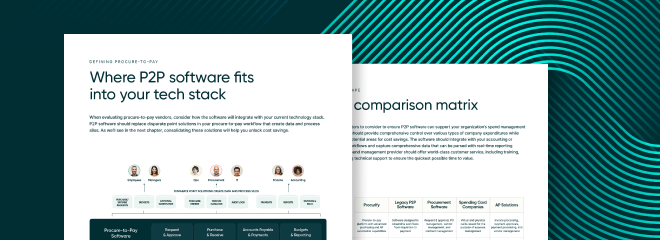Gaxsys looks to local retailers to complete your online shopping needs
Growing international fulfillment company Gaxsys looks to local retailers to complete your online shopping needs
The proliferation of online shopping, molded by e-commerce goliath Amazon, has fundamentally changed the shopping experience. A once age-old tradition – going to the mall, trying on clothes, haggling for deals on electronics – is becoming more and more scarce with each passing year.
And why shouldn’t it?
Amazon is an efficient, easy way to shop: countless goods at your fingertips, delivered to your doorstep the next day if you so wish.
To support such a machine – the infrastructure needed is vast, of course – e-commerce sites such as Amazon require the construction of distribution centres, stocked to the ceiling with myriad products.
A tried and true system, right? Almost.
Enter burgeoning fulfillment company Gaxsys. Founded in Germany in 2008, Gaxsys has developed an online platform that integrates online stores and marketplaces, and local retailers to further facilitate and support the ever-popular online shopping experience.
It’s local shopping meets e-commerce.
Instead of relying solely on giants such as Amazon to supply the products purchased online – products sent from those aforementioned distribution centres – Gaxsys includes small local retailers, all of which are able to fulfill orders if they have the desired product.
For example: a brand such as Converse shoes is using the Gaxsys platform. Someone from Vancouver visits converse.com and orders a pair of shoes. To find a local supplier to complete that transaction, Converse pushes the order to all the retailers in Vancouver area. The first retailer that has the shoes in stock and wants the order fulfills it.
In the case there aren’t any retailers in the Vancouver area, Converse can then open the request up to all applicable retailers in British Columbia. If, by chance, no one claims the order, the geographical region can be widened once again.
Let’s say the shoes cost $100. The shopper pays Converse $100 and Converse then pays the retailer $100, less any fees. Gaxsys takes a small cut of each transaction (a couple percentage points) but arranges the shipping.
So, why would a local retailer agree to sell a pair of shoes for a less than they would to a customer that walks in their doors?
According to Gaxsys’ David Levine, the reasons are many. Maybe a retailer has excess inventory and wants to rid itself of shoes it hasn’t sold. Or, maybe, an order trickes down from far enough away that the retailer decides to make a sale it never would have due to location. Or, maybe the order came in at a time of day (say, 11 a.m.) when the store isn’t busy and can use a sale.
A retailer can decide when they will fulfill orders through Gaxsys. For instance, if a shop is busy on the weekends, it can decide to ignore all Gaxsys orders.
“Maybe the brand can decide when they open the exchange, when they push orders out. The retailer can say they will accept all orders that come in at 10 a.m. because people aren’t doing much anyhow,” said Levine.
“For them, they are capitalizing on periods that they aren’t busy.”
Mathias Thomas, chief executive officer at Gaxsys, added that the ability to fulfill orders a local retailer wouldn’t have seen otherwise will help keep independent, unique shops alive.
“In Germany (Thomas’ native country), we are losing many, many retailers. Independent retailers,” he said.
“We used to have small, independent retailers and now we only have chains.”
And what’s in it for a brand? Why would a brand want to allow a local retailer, which already purchased the shoes, fulfill the order rather than ship it from their own warehouse?
The brand, said Levine, takes advantage of short delivery routes, direct contact to the consumer and is able better manage its inventory.
And, of course, it still makes it margin on the wholesale price.
For more on Gaxsys, visit gaxsys.com.
Sidebar:
Gaxsys Meets Healthcare
Retail isn’t the only world Gaxsys is looking to take over.
Earlier this year, Gaxsys announced the U.S. launch of GPX Healthcare, an online marketplace that allows patients to receive their respective prescriptions from their local pharmacy.
“GPX Healthcare is the first online marketplace for hospitals that leverages the hospital’s digital assets and combines these assets with the healthcare product inventory at the retail location, pharmacy or DME closest to the patient,” said the company, in a statement.
